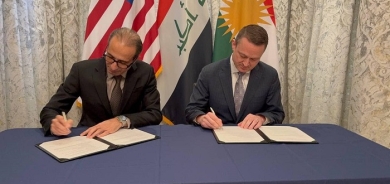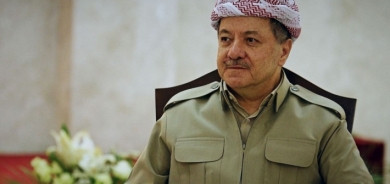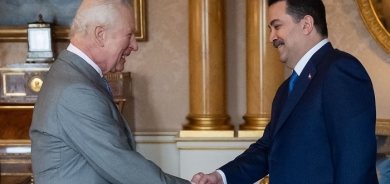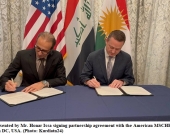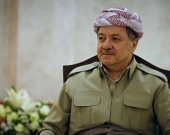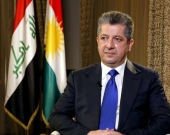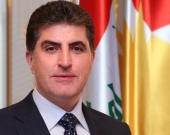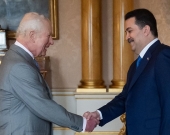Street protests in Brazil ahead of Confed semi-final

Demonstrators blocked roads and set a bus ablaze as authorities said they expect 60,00 protesters to turn up when the match kicks off at 1900 GMT in the state capital of Minas Gerais.
State authorities said 1,500 soldiers were to back up 5,700 police and firefighters in case the protests turn violent, as has occurred in various parts of the country over the past two weeks.
A police official, Lieutenant Colonel Alberto Luiz Alves, told Globo television that security forces would act "with civility and firmness."
Late Tuesday night, some 10,000 people, mainly students, protested at Montes Claros in the north of Minas Gerais state, prompting many bars and businesses to bring the shutters down early for fear of looting.
FIFA secretary general Jerome Valcke overnight told Brazilian television that he was "uncomfortable but not afraid" to see the scale of the protests.
But he urged a separation between political protest and football.
"(Football) is not a forum for political discussion," said Valcke, who conceded that FIFA had to improve its communication with the public.
Many Brazilians believe that the huge cost of staging the Confederations Cup and the 2014 World Cup is to the detriment of public investment in health, transport and education.
Valcke told SporTV that FIFA would not consider taking the World Cup away from Brazil.
"Even with what is happening in the streets in Brazil, I never had the feeling we were at risk."
Local press reports meanwhile said players for the Brazil-Uruguay clash may be flown into the stadium by helicopter to avoid the protesters.
Minas Gerais Governor Antonio Anastasia announced that authorities were determined to keep the demonstrators two kilometers (1.2 miles) away from the stadium.
"We have the duty to guarantee the security of all and ensure that the demonstrations proceed peacefully," he said.
Other demonstrations are scheduled in at least 12 Brazilian cities, including Brasilia, where 40,000 people are expected to march under the watchful eyes of 4,000 police.
Brazil's mass protests, which began two weeks ago, initially focused on public transport fare hikes -- which were later reversed -- but have since mushroomed into public anger over a variety issues, including the high cost of the World Cup, inadequate public services and political corruption.
President Dilma Rousseff has responded by proposing a popular referendum on sweeping political reforms, a $25 billion investment in public transport and allocation of more resources for education, health and social services.
AFP


